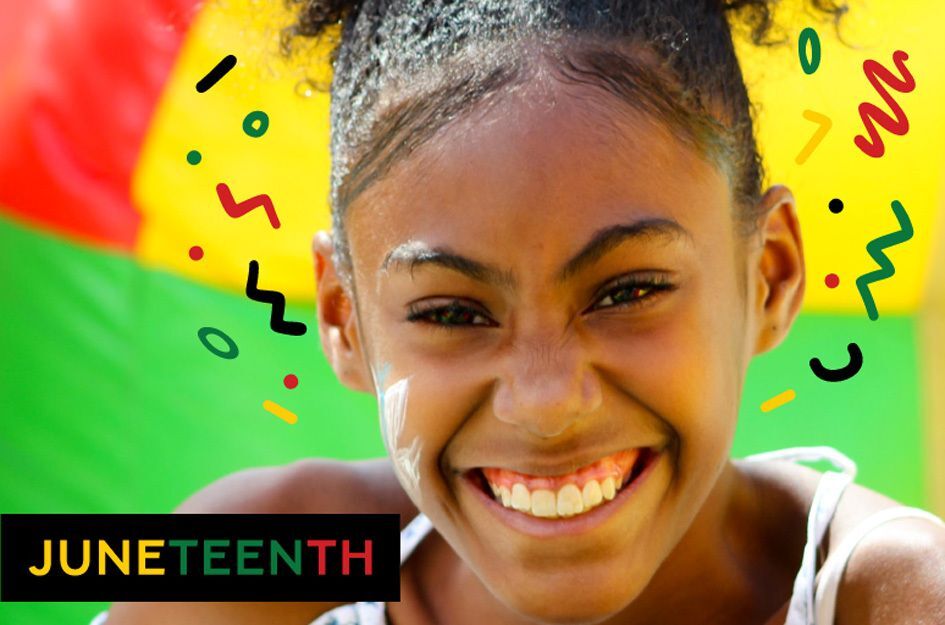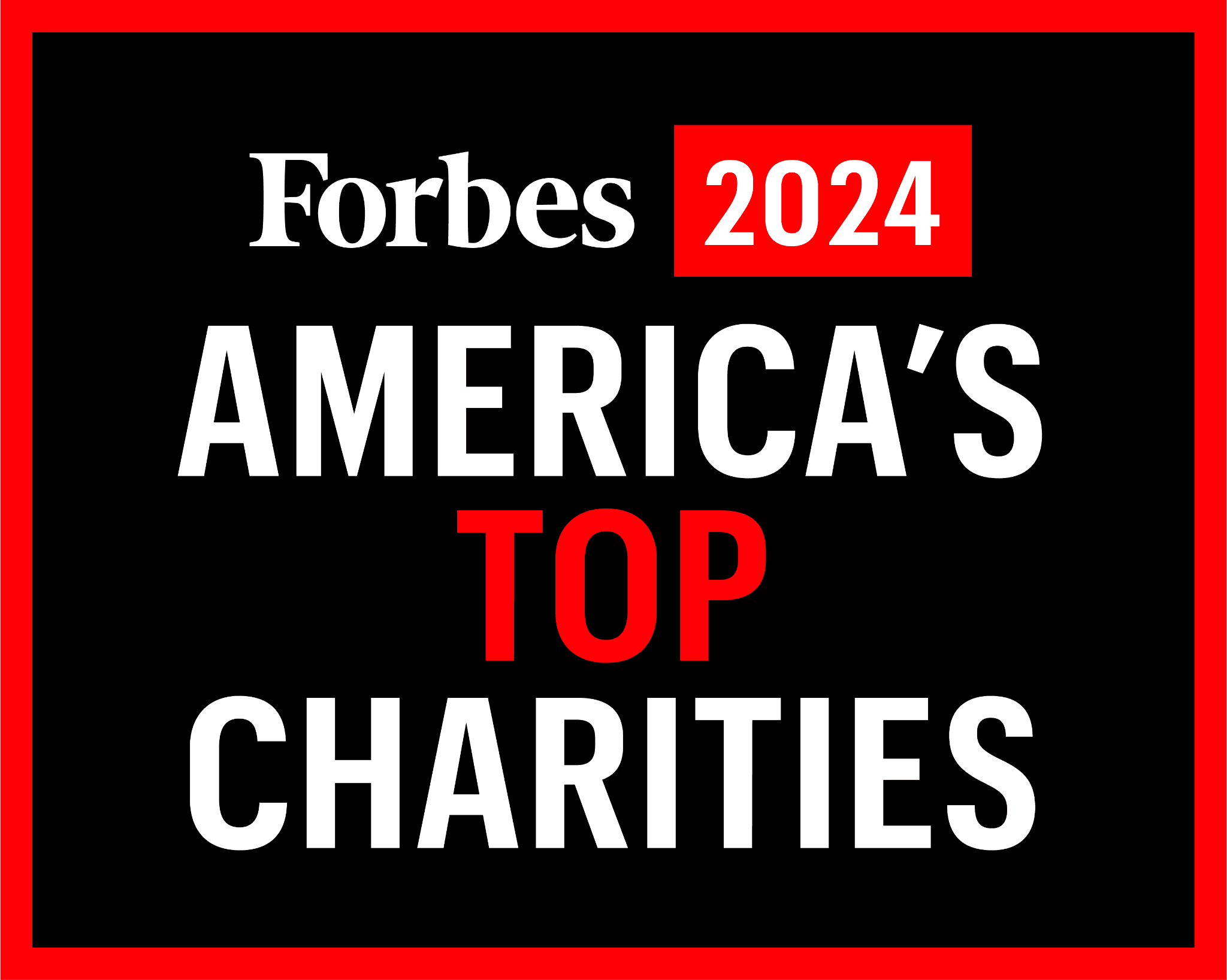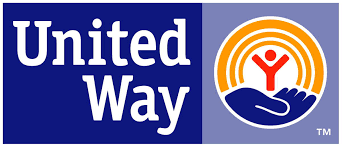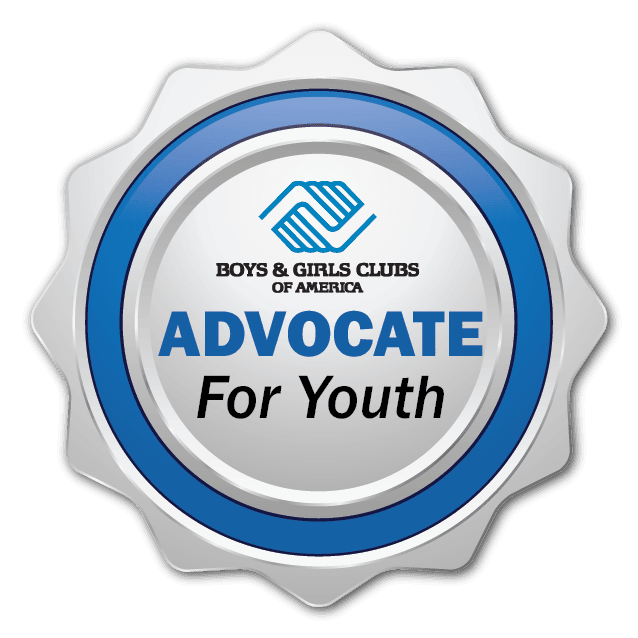
In 2021, Juneteenth became recognized as a federal holiday in the United States. For some Americans, it’s a new holiday to learn more about. But for many Black families and communities across the nation, it’s a well-known time to celebrate liberation, culture and joy.
What is Juneteenth?
In 1863, President Abraham Lincoln issued the Emancipation Proclamation, which declared a formal end to slavery in the United States. However, change was not instant after the proclamation. Nearly two and a half years later, on June 19th, 1865, the enslaved African Americans of Galveston, Texas got the news by way of the Union army troops that freedom had come at last.
The next year, the people of Galveston commemorated that day as Juneteenth, a celebration of freedom. Since then, it’s been observed in communities and states as a holiday, but officially recognized as a federal holiday in 2021.
Why is the holiday called Juneteenth? The name blends the month and the day this news reached the people of Galveston: “June” plus “nineteenth” is Juneteenth. It’s also often called Emancipation Day or Freedom Day.
How do you explain Juneteenth to a child?
When talking about Juneteenth with children and teens, it’s important to remember that Juneteenth is a celebration – a celebration of freedom and the joyful recognition of the perseverance and spirit of Black people in this nation.
With that in mind, adjust your conversation to your child’s personal development, maturity level and what they’re learning about. For young children, you can share that Juneteenth is a holiday that celebrates freedom for all people in the United States. Define the word “freedom” and talk about what freedom means to them.
If your child is learning about American history, this short video from PBS Kids helps kids explore the history of Juneteenth and how it’s celebrated by families today.
Teenagers can have more nuanced conversations around Juneteenth – exploring concepts of freedom and civil rights, racism and prejudice, and modern-day racial injustice. Many Boys & Girls Clubs across the country host town halls, panels and other discussions for teens to be able to talk about racial inequity and other critical issues on their minds, asking for their critical thinking around how to inspire positive change in our nation.
How do you celebrate Juneteenth?
Juneteenth isn’t just about celebrating a day or a single historical event – it’s a celebration of freedom, resilience, community and the possibilities of good things to come. Here are some great ways to celebrate Juneteenth with the young people in your life:
Create opportunities for youth to connect with the important people in their lives and the histories and stories that make us who we are.
The passing down of stories and history is a central way that Black people have connected and remained resilient over generations. For younger kids, ask them to interview their parent, grandparent or neighbor about their childhood, lessons learned throughout life and what they hope their legacy will be. For older kids and families, StoryCorps has a platform that allows individuals to ask questions, listen and share stories that are then archived at the Library of Congress. Choose a family member with knowledge of family history and dive into a conversation that the next generation can carry on. Here are StoryCorps’ tips to get conversations started.
Help teens in your life register to vote.
Voting is a right that was not always accessible to Black people, women and other ethnic groups. Encouraging young people of age to register to vote and cast their ballot is important. It ensures their voice is counted and that representatives at the local, state and national levels reflect their priorities in policies and laws that govern our communities and nation. Don’t have a voting-age teen but want to demonstrate the importance of voting? Young people of any age can build their understanding of civic engagement and exercising their right to be heard.
Support Black-owned businesses.
By purchasing services and goods from Black-owned businesses, you are investing in job creation, Black creativity and innovation, and the ability of individuals and families to build wealth. A thriving community has thriving businesses.
Offer virtual experiences to younger kids to educate and celebrate Black culture.
The National Museum of African American History and Culture hosts “Joyful Fridays,” a Zoom class led by museum educators. Based on the book series, “Joyful ABC Activity Book,” activities feature art projects and other lessons that aim to teach, inspire and create. Live instruction requires pre-registration. You can also find pre-recorded lessons and resources here.
Get your tween or teen on the move with the “Black History Bootcamp: The Walking Podcast” by Girltrek.
See what happens when headphones, learning and getting active collide! This podcast by organization Girltrek was created to support Black women and girls in developing the healthy habit of walking, but you don’t have to be Black to enjoy the lessons and positive affirmations. The “Black History Bootcamp” podcast offers multiple seasons that celebrate Black stories, voices and history that gets your feet moving while your brain is learning.
Find media that celebrates Black identity, family, friendships and connection.
The images often shown on TV, in the movies and in other forms of media highlight the trauma and pain Black people have endured and continue to experience. Representation matters, and it’s important for kids and families of all races and backgrounds to see Black people living happy, fulfilling lives. Check out this list of 30 books for young readers that are affirming of Black joy.
Encourage teens to discuss history on their terms.
Our understanding of history is often based on how it’s told. When reading books, visiting museums or watching movies about American history, ask your teen about how the story is told and how a different perspective might change the story. Having open conversations around hard truths about the past can help young people process it, build their critical thinking skills and deepen their empathy and understanding of others.
Juneteenth is a time for reflection, education and most importantly, celebration. By sharing Juneteenth with the young person in your life, you’re educating them on American history, the perseverance and spirit of Black people in this nation and the joy of freedom.







